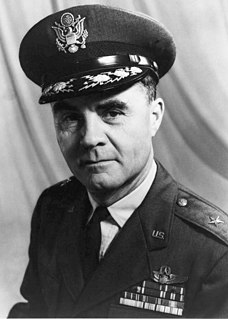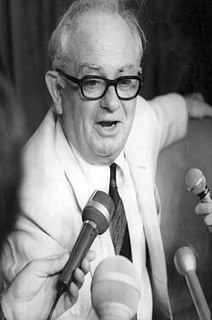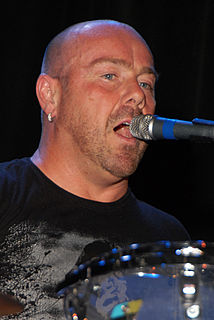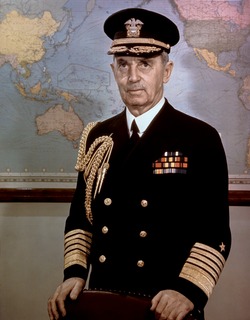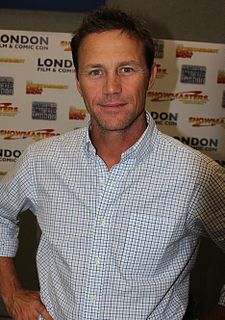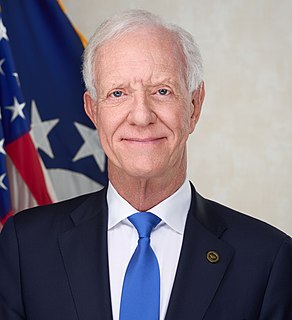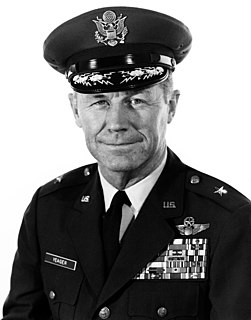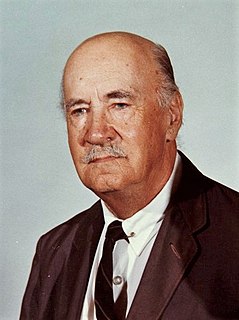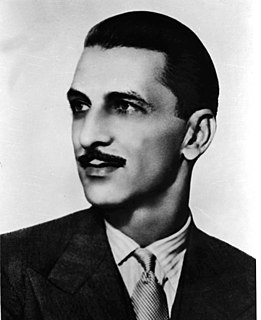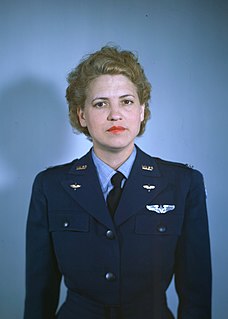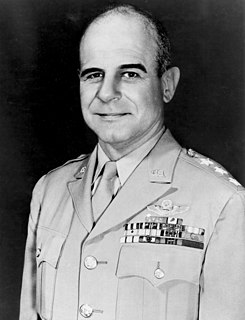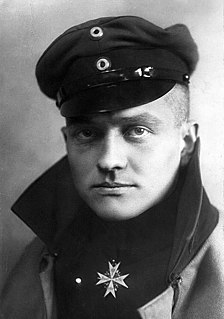A Quote by Paul Tibbets
A bright light filled the plane. The first shock-wave hit us. We were eleven and a half miles slant range from the atomic explosion but the whole airplane cracked and crinkled from the blast... We turned back to look at Hiroshima. The city was hidden by that awful cloud... mushrooming, terrible and incredibly tall.
Related Quotes
I've loved Range Rovers. That goes back to when I was a kid. My dad had the first ever Range Rover that was ever made - the first wave back in the '70s - and he had one every year from that moment, and mom has continued to do that. From the moment they started Range Rovers, they've been in my family.
I was born in the middle of the Second World War when the United States dropped their atomic bombs in Hiroshima and Nagasaki, when millions of people were dying in concentration camps, when half the planet were colonies that belonged to empires. The word feminism didn't exist. And in my lifetime I have seen all these things improved, changed. We are more connected, more informed. We can fight against stuff together in ways we couldn't before.
They haven't killed us yet," I say, and I imagine that one day I will fly a plane over Portland, over Rochester, over every fenced-in city in the whole country, and I will bomb and bomb and bomb, and watch all their buildings smoldering to dust, and all those people melting and bleeding into flame, and I will see how they like it. If you take, we will take back. Steal from us, and we will rob you blind. When you squeeze, we will hit. This is the way the world is made now.
The use of [the atomic bombs] at Hiroshima and Nagasaki was of no material assistance in our war against Japan. The Japanese were already defeated and ready to surrender because of the effective sea blockade and the successful bombing with conventional weapons... The lethal possibilities of atomic warfare in the future are frightening. My own feeling was that in being the first to use it, we had adopted an ethical standard common to the barbarians of the Dark Ages. I was not taught to make war in that fashion, and wars cannot be won by destroying women and children.
The window opened in the same direction as the king's, and there, summer-bright and framed by the darkness of the stairwell, was the same view. Costis passed it, and then went back up the stairs to look again. There were only the roofs of the lower part of the palace and the town and the city walls. Beyond those were the hills on the far side of the Tustis Valley and the faded blue sky above them. It wasn't what the king saw that was important, it was what he couldn't see when he sat at the window with his face turned toward Eddis.
I said, suppose you take a light - I was thinking of just light bulbs because, in those days, lasers were not yet really there - and sent a light pulse between two masses. Then you do the same when there's a gravitational wave. Lo and behold, you see that the time it takes light to go from one mass to the other changes because of the wave.
When I was a kid, I used to be afraid of the dark. I would stand at my door, turn the light off and dive into bed. One night, as I did that, there was this gigantic spider next to my pillow. I hit the bed and bounced straight back up When I turned the light back on, it was already gone. I could not sleep in my room for days.
A moment, and its glory was no more. The sun went down beneath the long dark lines of hill and cloud which piled up in the west an airy city, wall heaped on wall, and battlement on battlement; the light was all withdrawn; the shining church turned cold and dark; the stream forgot to smile; the birds were silent; and the gloom of winter dwelt on everything.
